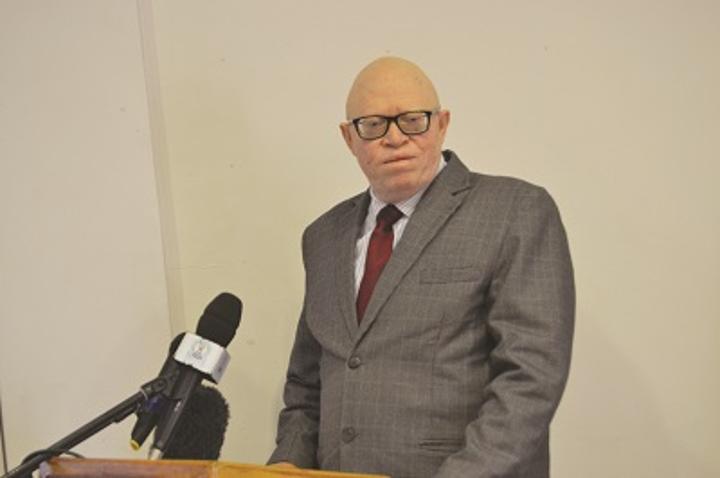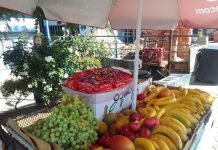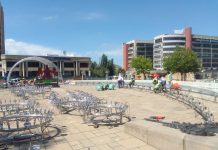Africa-Press – Lesotho. The President of the Court of Appeal Professor Kananelo Mosito has commended the Judicial Service Commission’s (JSC) move to recruit the Judges of the High Court through
a merit-based process. He said there is no longer a “microwave” appointment of Judges. This he said yesterday during the opening of the first session of the
Court of Appeal. Professor Mosito added: “They are now recruited through a transparent process and we appreciate the approach,” he said. “We appreciate the increase in the bench and congratulate the new
Judges of the High Court,” the President said. He said according to the Constitution, the Judges of the High Court are ex-officio members of the Appeal Court.
The JSC has announced the names of candidates judges who have passed the public interviews conducted in public. They are Advocate Hopolang Nathane King’s Counsel (KC), Advocate ‘Mabatšoeneng Hlaele, North Region Chief
Magistrate ‘Makampong Mokhoro, the Ombudsman Advocate Tšeliso Mokoko, Moneuoa Kopo, ‘Mafelile Patricia Ralebese and ‘Maliepollo Makhetha. They await swearing-in once King Letsie III has given approval.
He further commented on the progress of the ongoing judicial reforms but cautioned that the judges of both the High Court and Court of Appeal are “creatures” of the Constitution and the transition will require that the
Constitution be amended. The reforms had proposed legislation that will enable Lesotho to have Supreme Court as the highest court in the land and will be headed by the Chief
Justice. The legal year for the apex court kicks off from April 11 to 21. This is in line with the adopted practise from England although the latter’s legal year
begins in October. The judgements will be handed down on May 13. For his part, the President of the Law Society of Lesotho Advocate Tekane Maqakachane raised concerns about the unsuitability of the private law
litigation norms and methodologies in public law litigation. He argued: “Private law litigation norms and methodologies are not suitable in public law litigation model which requires a dominant role by the
judge if he were to chief the transformative goals of the Constitution. Consequently, the employment of private law norms and methodologies in public law litigation greatly constrains the judiciary from achieving goals set by a
constitution, resulting in “judicial minimalism”. “A bulk of the decision of the superior courts in Lesotho are “doctrinally unimportant” because they only replicate [the] status quo and do
not advance substantial transformation in power configurations in the society. The ideals of the constitution are achieved in minimal degree due to the
orientation of the judiciary in legal formalism, legal culture and proceduralism of private law litigation model. ” Some of the cases which the apex court will hear is the appeal of the
Director of Public Prosecutions (DPP) Advocate Hlalefang Motinyane where she appeals the ruling of Chief Justice Sakoane Sakoane which found her guilty of
committing perjury. The ruling handed at the end of January also sanctioned the then lead prosecutor Advocate Shaun Abrahams in a treason case of having
committed “professional misconduct”. DPP had accused the Chief Justice of biasness towards the crown and impartiality to preside over the treason case.
Also known as the second court of record, the Court of Appeal is the highest in the land. The Appeal Court has only one local Judge, who is also its president,
Justice Kananelo Mosito while the rest are from the Southern African Development Community (SADC) region. They are Justice Petrus Damaseb from Namibia, Justice Moses Hungwe Chinhengo from Zimbabwe, Justice Philip Musonda and Justice November Tafima Mtshiya from Zambia and Justice Van der Westheuizen from South Africa.
For More News And Analysis About Lesotho Follow Africa-Press






